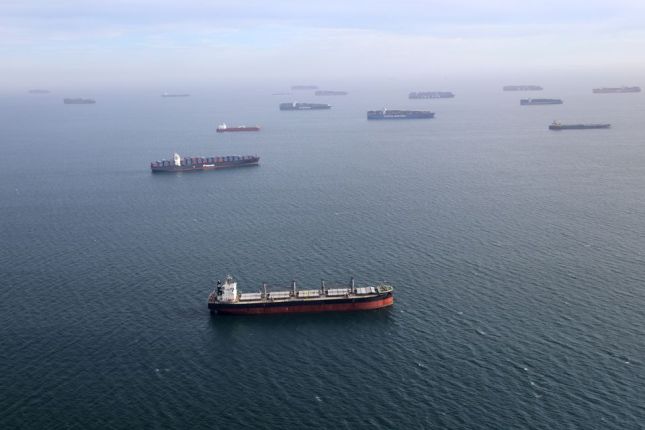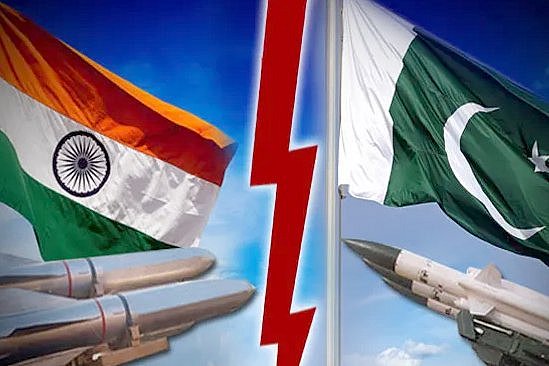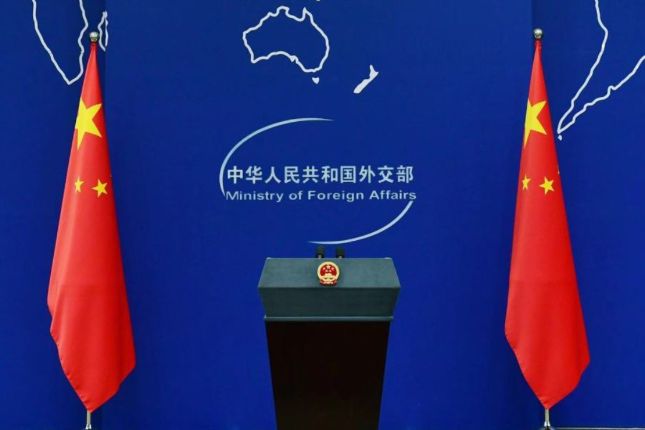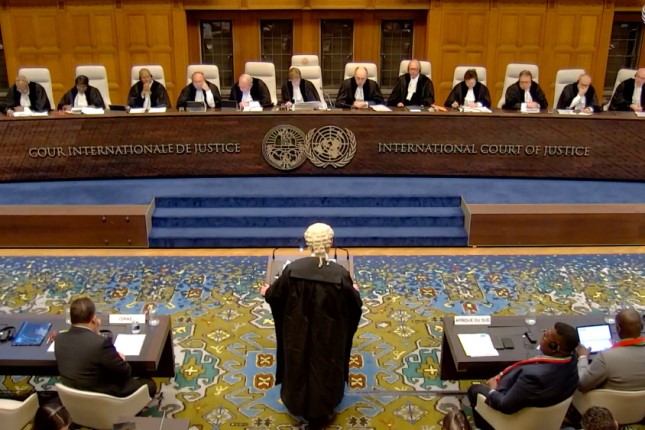Eastern European countries are experiencing growing economic problems and this has an increasingly negative impact on public finances. Budget deficits are growing, and so is public debt.
According to analysts at Bloomberg, Eastern Europe's budget deficit will rise to 4.3% of the region's GDP this year, up from 1.3% of GDP in 2021. The result is that since the beginning of this year, Eastern European governments have already borrowed nearly USD 32 billion on the international market, three times more than during the same period a year earlier.
Five Eastern European countries are among the ten largest borrowers in emerging markets abroad: Poland (USD 8.8 billion), Romania (USD 6.2 billion), Hungary (USD 4.7 billion), Slovakia (USD 3.7 billion) and Slovenia (Slovenia USD 3.1 billion). And for the first time in ten years, three countries in the region were in the top five largest borrowers.
The main reason is political: the armed conflict around Ukraine. Access to cheap Russian raw materials, especially energy, has been sharply impeded, inflation has accelerated, and supplies to the Russian market for goods from the region have been hindered or stopped altogether.
The consequences of the current increase in the national debt of Eastern European countries will also be of a political nature. Under the pressure of financial problems, the countries of the region are already losing their political room for maneuver and are forced to make concessions to Brussels that seemed unthinkable not so long ago.
Thus, in December 2022, Poland and Hungary, the two main troublemakers in the EU, had to agree to measures to increase judicial independence and promote anti-corruption policies in order for the European Commission to unfreeze funds intended for the countries, but withheld for political reasons.
At the end of 2020, the EU froze USD 37.6 billion that was earmarked for Poland to rebuild its economy after the Covid-19 pandemic, and USD 12.8 billion that was intended for Hungary. These are very substantial sums for these countries, equivalent to 5.6% of Poland's GDP and 7% of Hungary's GDP, respectively.
Previously, the authorities of these countries could ignore the opinion of the European Commission − the economic situation and the low cost of borrowing on domestic markets allowed this. However, when the situation worsened, they were forced to make compromises. Back in 2021, the cost of bond loans in zloty was about 2% per annum in Poland, and about 3% per annum in Hungarian forints. Today it is about 7 and 9% per annum, respectively.
This is why the Polish and Hungarian authorities are forced to start borrowing extensively on international markets and negotiating with the European Commission. It was easy for Warsaw and Budapest to reject EU funds and ignore Brussels' demands to observe pan-European discipline while things were going well. But now, external funding will become increasingly important, requiring greater political flexibility.
It is already clear that the EU will continue to put pressure on Poland and Hungary, trying to use their financial weakness to force them to support EU political reform. The transformation Brussels is pushing today aims to reduce individual states' influence in crucial areas - foreign policy and fiscal policy. And ultimately, this EU political reform will undermine the basis of Poland and Hungary's relatively independent politics, which in the current system of unanimous decision-making have veto power over a wide range of issues.
Under attack
The situation in Poland is particularly acute. Parliamentary elections will be held in the country this fall, and this puts additional pressure on the government. The economic situation is dire, and the ruling conservative Law and Justice Party (Prawo i Sprawiedliwość, PiS) will face a serious test.
Retail sales in March fell by 7.2% year-on-year (the forecast was -5.7%). Inflation is about 18%. People's purchasing power has dropped significantly.
The agreement with the European Commission on judicial reform has split the right-wing camp: the far-right Solidarność Polska (whose members ran on the PiS lists in the last two parliamentary elections) accuses Prime Minister Mateusz Morawiecki of capitulation. At the same time, payments from EU funds are delayed. Suspicions are growing in Warsaw that Brussels thus wants to help the opposition win the election. The ruling Polish party and Brussels do not trust each other and mutually accuse each other of violating their word, and this does not augur well for a quick resolution of the situation and the unblocking of European funds for Poland.
The situation in Hungary is not much better. The purely economic situation here is even worse than in Poland. So, in January 2023, inflation reached an unprecedented 25.7%, and the rate on overnight loans of the Central Bank has been keeping at 18% per annum since mid-October (with the base rate at 13%) − to protect the forint.
The political situation in Hungary, however, is more stable. In April 2022, Prime Minister Viktor Orban and his ruling coalition of FIDES and the Christian Democratic People's Party confidently won (for the fourth time in a row) the parliamentary elections. In fact, before the negative consequences of the war in Ukraine showed up in full force. This gives the Hungarian government more stability, but it does not guarantee against harsh pressure from the EU.
Toward a European superstate
Brussels and Berlin are serious about using the situation resulting from the war in Ukraine to launch a new stage of political integration in Europe. Thus, speaking to MEPs on May 9, German Chancellor Olaf Scholz said he would insist on extending decision-making by qualified majorities to more foreign policy and taxation decisions. "We need a geopolitical EU, an enlarged and reformed EU, and an EU open to the future," – this is how Scholz justified his position on gradually abandoning the principle of unanimity in decision-making.
This is not the first time that Scholz has spoken out on this topic. Speaking in Berlin in mid-October 2022 to nearly 300 delegates to the Congress of the Party of European Socialists, Scholz pointed to the need for reforms in the EU to prepare it to receive new members: "If a geopolitical Europe is our aspiration, then majority decisions are a gain and not a loss of sovereignty."
Paradoxically, the current economic problems of EU member states only benefit these plans for the political centralization of the European Union. The history with the European debt crisis of 2010 repeats itself, when the budgetary problems of economically weaker countries, such as Greece, Cyprus, Spain and Portugal, were used by Brussels to strengthen its control over their state finances. And Berlin, which was and is the main financial donor of the EU.
Now begins a new round of political pressure on weaker players amid their budgetary problems. Today, the Eastern European region and its two leaders, claiming a special role in the EU − Poland and Hungary − are in the crosshairs.

































